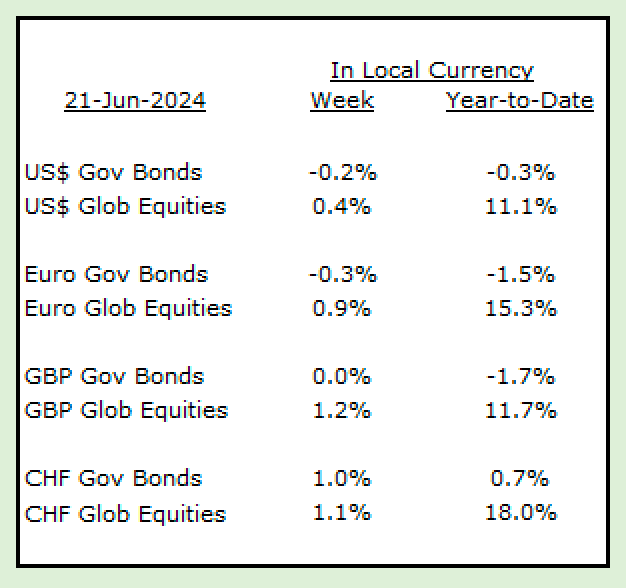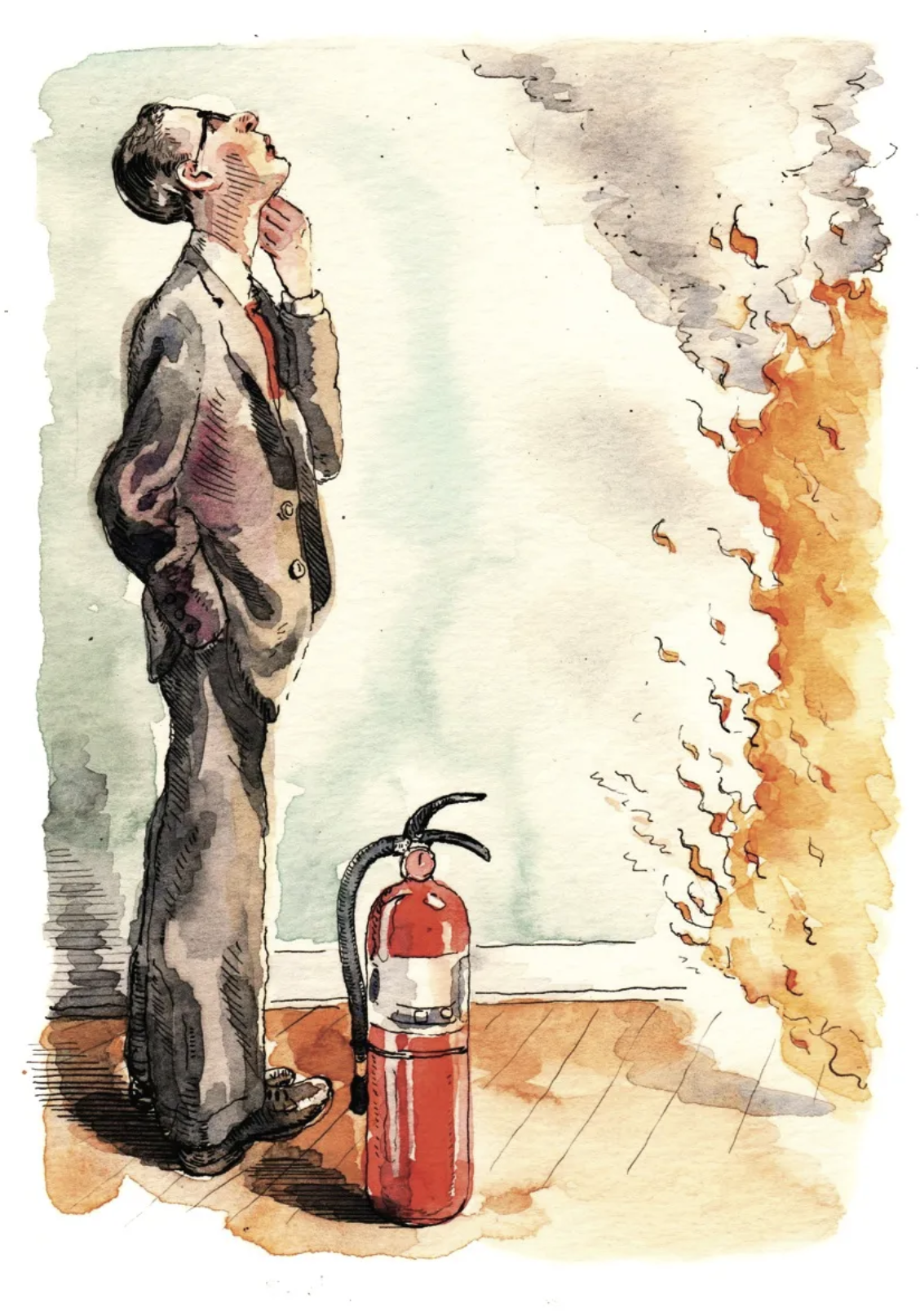Humans excel at procrastinating. When solutions to important matters require actions which are identifiable and, with organization, executable in time we stand still and let inertia take over. Three instances come to mind.
Public pension schemes. We have known for quite sometime that most public pension schemes are not sustainable in the long run. The many factors contributing to this situation have been studied and acknowledged for the better part of the last half-century. Solutions, while not palatable to everyone, have been identified and discussed (increased contributions, higher retirement ages, readjustment of benefits and taxation of the same). It isn’t rocket science: when you strip the social and political considerations (big stuff, but not deal killers) it’s all about simple math, what comes in what gets out and what you do with the money in the meantime.
Climate change. We have known about the ‘greenhouse effect’ since mid- to late-eighteenth century and we have accurately calculated the impact of human-generated carbon dioxide since the early twentieth. How can there still be any debate about global warming and its causes? Fixing the situation is far more complicated, especially since the economic interests built upon unsustainable practices are very large. But actions and solutions exist and while they aren’t easy (stopping the generation of damaging gases will throw out of work hundreds of millions of people) they are at hand and can be moved forward.
Active management. We have known for at least 30 years that active management – trying to beat a market index – is a futile exercise. This does not mean that there aren’t exceptional talents that do beat the market; but they are just that – exceptional, very difficult to find and probably not interested in your money. Despite all this, people still listen to banks, advisors, gurus, family offices (whatever these are) and other sundry sources who propose to them expensive financial strategies that in time disappoint.
As Jean Monnet put it, ‘People only accept change when they are faced with necessity, and only recognize necessity when a crisis is upon them.’ It’s perhaps easier to see what the word ‘crisis’ means in the first two cases; for the third it would appear nothing will be enough.
[Sources: The New Yorker]
Public pension schemes. We have known for quite sometime that most public pension schemes are not sustainable in the long run. The many factors contributing to this situation have been studied and acknowledged for the better part of the last half-century. Solutions, while not palatable to everyone, have been identified and discussed (increased contributions, higher retirement ages, readjustment of benefits and taxation of the same). It isn’t rocket science: when you strip the social and political considerations (big stuff, but not deal killers) it’s all about simple math, what comes in what gets out and what you do with the money in the meantime.
Climate change. We have known about the ‘greenhouse effect’ since mid- to late-eighteenth century and we have accurately calculated the impact of human-generated carbon dioxide since the early twentieth. How can there still be any debate about global warming and its causes? Fixing the situation is far more complicated, especially since the economic interests built upon unsustainable practices are very large. But actions and solutions exist and while they aren’t easy (stopping the generation of damaging gases will throw out of work hundreds of millions of people) they are at hand and can be moved forward.
Active management. We have known for at least 30 years that active management – trying to beat a market index – is a futile exercise. This does not mean that there aren’t exceptional talents that do beat the market; but they are just that – exceptional, very difficult to find and probably not interested in your money. Despite all this, people still listen to banks, advisors, gurus, family offices (whatever these are) and other sundry sources who propose to them expensive financial strategies that in time disappoint.
As Jean Monnet put it, ‘People only accept change when they are faced with necessity, and only recognize necessity when a crisis is upon them.’ It’s perhaps easier to see what the word ‘crisis’ means in the first two cases; for the third it would appear nothing will be enough.
[Sources: The New Yorker]

